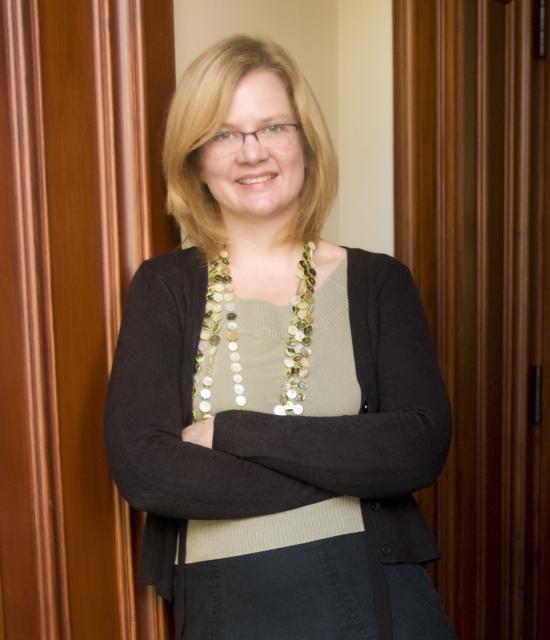School of Information master's student Heather Ford has been named a 2010 Google policy fellow.
The Google Policy Fellowship supports students and organizations working on policy issues fundamental to the future of the Internet and its users. The seventeen Google policy fellows will spend the summer contributing to the public dialogue on issues of Internet and technology policy and exploring future academic and professional interests.
Heather Ford is a first year master's student at the School of Information, as well as a social entrepreneur, researcher, and writer. She is a former Wikimedia Foundation Advisory Board member and the former executive director of iCommons, an international open-education organization started by Creative Commons. She was a co-founder of Creative Commons South Africa and of the South African non-profit, The African Commons Project, as well as a community-building initiative called the GeekRetreat, bringing together forty of South Africa’s top web entrepreneurs to talk about how to make the local Internet better. At the I School, Ford is studying collaboration and the governance of global online communities. She blogs at Hblog.org.
As a Google policy fellow, Ford will be working with the Electronic Frontier Foundation in San Francisco. The Electronic Frontier Foundation (EFF) is a nonprofit group of lawyers, policy analysts, technologists, and activists working to protect freedom of expression, civil liberties, digital consumer rights, and innovation in the online world. Founded in 1990, EFF brings and defends lawsuits, engages in online advocacy campaigns, and works to educate U.S. and international policymakers, the media, and citizens.
Ford says that she is excited to be working with the EFF, "because of their international work, their excellent track record and innovative approach, and the great, passionate people who work there." During the fellowship she hopes to analyze technology policy approaches around the world, possibly including issues like network neutrality, orphan works, and open access, as well as the Council of Europe’s Cybercrime Convention.










